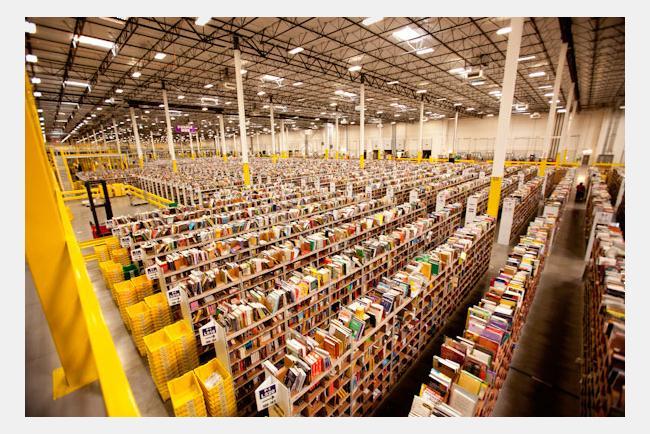
E-commerce giant Amazon, for example, has just announced it’s looking to hire an additional 80,000 workers for its fulfillment centers, a sizable increase on the 70,000 it took on last year and significantly more than the 50,000 extra workers that joined the company’s ranks temporarily in 2012.
Amazon currently operates more than 50 fulfillment centers across the US, and expects many of the incoming temp workers to convert to regular, full-time roles once the season ends.
“So far this year, we have converted more than 10,000 seasonal employees in the US into regular, full-time roles and we’re looking forward to converting thousands more….this holiday season,” Mike Roth, Amazon’s vice president of North America operations, said in a statement.
The company has been building its logistics operation over the last year, expanding its Sunday delivery service, improving delivery times and testing out a so-called ‘last mile’ service for the final stages of a package’s delivery. It also plans to get off the ground a drone-based delivery service, though that’s likely some way off.
By developing its own shipping network, Amazon hopes to avoid the kind of service disruption that hit its customers last Christmas when delivery firms UPS and FedEx failed to cope with the huge number of packages suddenly entering their networks.
The e-tailer apologized to upset customers by handing out $20 gift cards, at the same time promising to “review the performance of the delivery carriers.”
In a bid to ensure a smoother service this time around, UPS is set to take on 95,000 extra workers – nearly double what it took on last year – while FedEx will add 50,000 more workers.
Other giants in US retail have also announced plans to take on more workers over the coming months. Wal-Mart, for example, is looking for 60,000 extra pairs of hands, while Target hopes to boost its workforce by 70,000.


